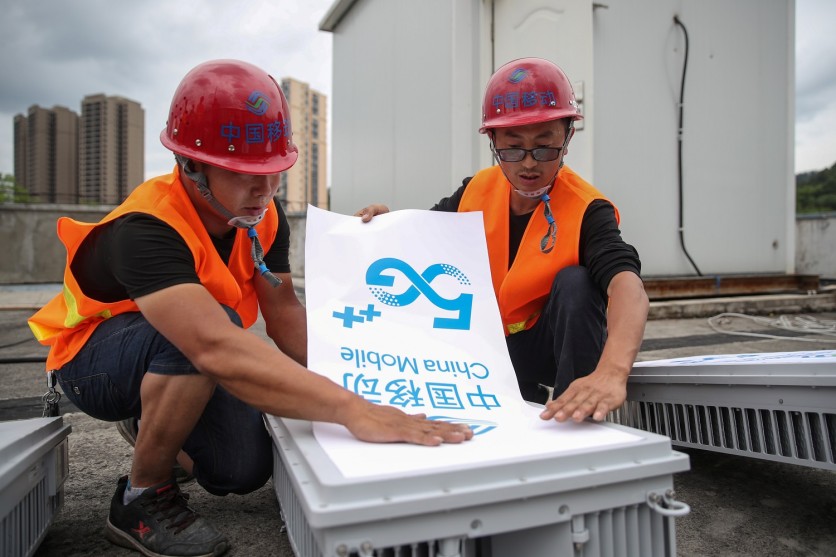Finland-based Nokia Oyj confirmed on Monday its partnership with American semiconductor company Broadcom to create chips for Nokia 5G equipment. The latter is the third company Nokia signed a deal with, after Marvell and Intel.
Initially, Nokia chose Field Programmable Gate Arrays (FPGAs) chips for its 5G equipment. Although customers could reprogram this type of chip, issues of high costs and supply forced it to switch last year.
READ ALSO : [BREAKING] Huawei Warning: Global 'Shockwaves' May Happen After Huawei Founder's Daughter Arrested

"We still stand by the decision of going with FPGAs because it was the right thing to do at that time," Nokia's head of mobile networks marketing Sandro Tavares told Reuters.
Tavares also said that the market evolved faster after they announced the shift in strategy, so the company needed to "speed up the process of developing new suppliers."
Competing with Ericsson and Huawei, Nokia announced that its 5G products could not reach the market in time due to delays by one supplier, which was identified by analysts as Intel.
To address the cost issue, Nokia is now using cheaper custom chips while it is adding more suppliers to diversify the supply.
A key performance indicator for Nokia is reducing the cost of its chips. From about 10% last year, about 17% of its 5G equipment now has custom chips in the first quarter.
Meanwhile, it is not clear when Nokia's 5G equipment with Broadcom chips would hit the market or whether the company would have additional chip suppliers.
Nokia aims to increase 5G production with custom chips to over 35% by the end of the year and to reach 100% by 2022 while improving its gross margins.
Nokia to provide 10% of China Unicom's 5G Network
The Finnish telecom manufacturer also announced on Monday that China Unicom had selected it to supply about a 10% share of its 5G core network. The announcement confirmed an earlier statement by Nokia CEO Rajeev Suri furnished to Reuters.

"China Unicom has chosen Nokia to support the buildout of its 5G SA Core network in China, marking an expansion of Nokia's existing 4G working relationship with the Chinese communication service provider," Nokia said in a statement.
In an interview in April, Suri told Reuters that Nokia had won a 10% share of China Unicom's 5G core network, alongside rivals Huawei and ZTE.
The company also said that the core network performs various functions such as setting up bandwidth management, scaling, connections, and securing the network. With 5G added to its roles, Nokia would open up the network to support software-enabled uses, which include network slicing.
Nokia did not win any 5G radio network in larger China, which includes masts, antennas, and other equipment, although it continued to advance its core network sales in China.
According to Forbes, Nokia Oyj has a market worth of 20.5 billion USD, while its sales reach 25.8 billion USD as of last month. It ranked 95 among the Top 100 Digital Companies for 2019.
ⓒ 2026 TECHTIMES.com All rights reserved. Do not reproduce without permission.




